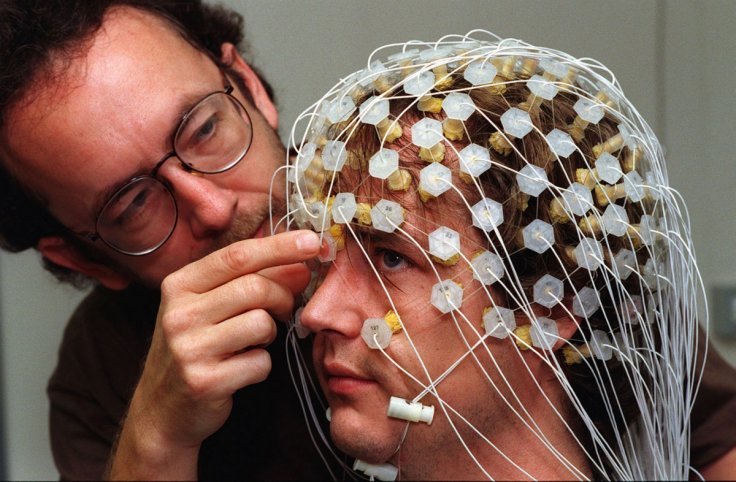
A novel brain imaging research has contravened an interesting theory related to dyslexia. The study could have an effect on treating the reading disability.
Georgetown University Medical Center neuroscientists say that the cerebellum, which is a brain structure that has traditionally been associated with motor functions, was earlier thought to be involved in dysfunctions related to reading disability and developmental dyslexia.
However, new research indicates the opposite. The "cerebellar deficit hypothesis" is a controversial theory and novel research shows that the cerebellum is not part of reading habits. It is no different among dyslexic children either. The new findings were published in the journal Human Brain Mapping.
Dyslexia is a common learning disability that involves understanding the mapping of sounds in oral speech to their written equivalent. This calls for a lot of phonological awareness. The processing of such a phenomenon involves the areas of the brain in the left cortex.
However, another argument states that the problems in phonological processing leading on to difficulties in reading begins in the cerebellum, which is a structure that is located outside of and below the back of the cortex.
The study's first author, Sikoya Ashburn, a Georgetown PhD candidate in neuroscience said: "We tackled the question by specifically examining the cerebellum in more detail. We found no signs of cerebellar involvement during reading in skilled readers nor differences in children with reading disability."
With the help of functional magnetic resonance imaging, the scientists sought out brain activation even as reading was recorded and documented. Some tests were also conducted for functional links between the cerebellum and the cortex.
"Functional connectivity occurs when two brain regions behave similarly over time; they operate in sync," says Ashburn. "However, brain regions in the cortex known to partake in the reading process were not communicating with the cerebellum in children with or without dyslexia while the brain was processing words."
Hence, even while reading was not factored in the entire process and just the communications between the brain regions at rest were explored, it was found that the cerebellum was exchanging information more deeply with the cortex in dyslexic children.
"These differences are consistent with the widely distributed neurobiological alterations that are associated with dyslexia, but not all of them are likely to be causal to the reading difficulties," Ashburn explains.
The study was published in Human Brain Mapping.









